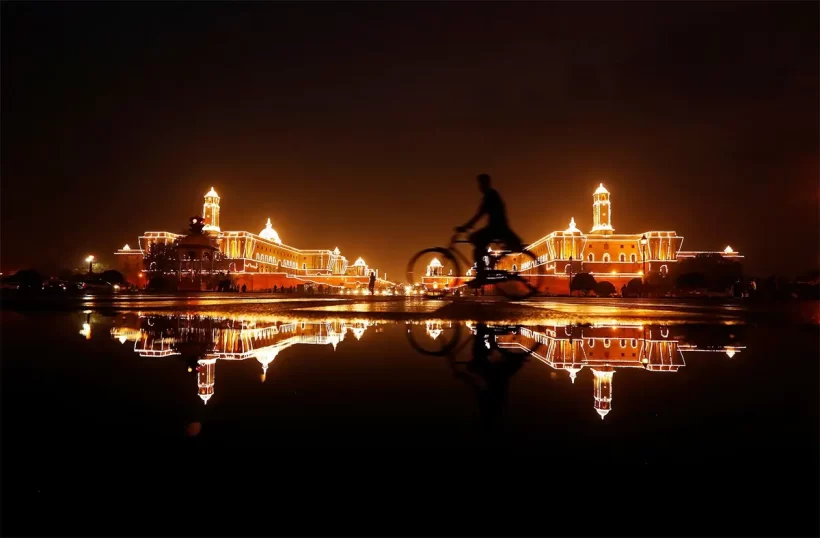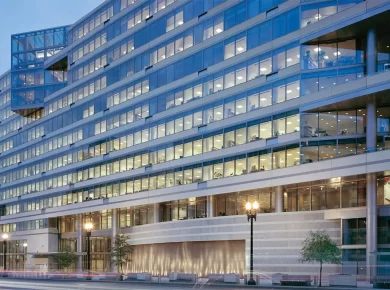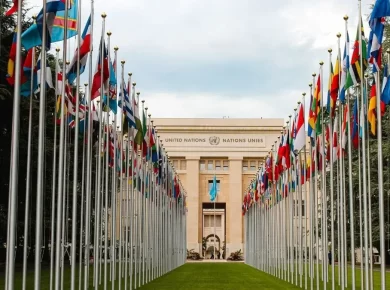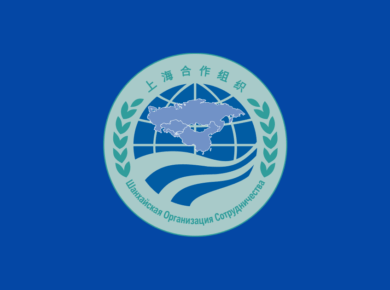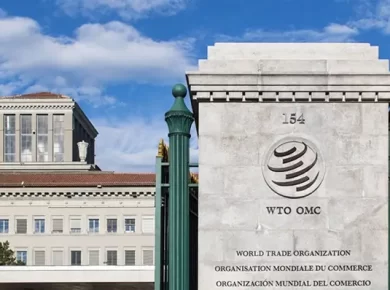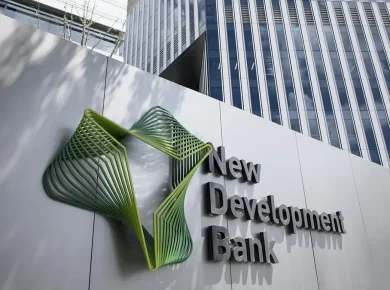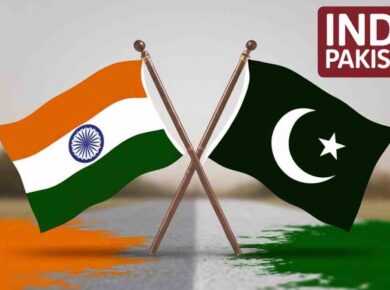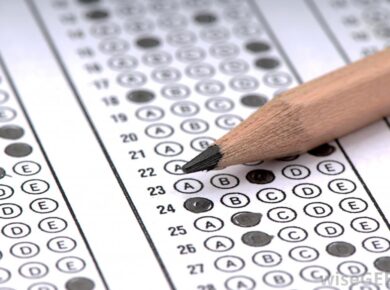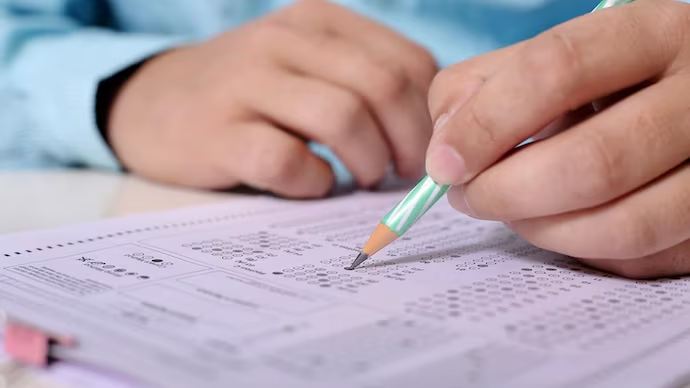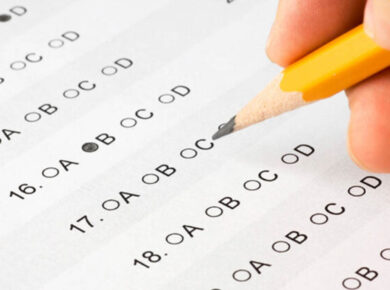India – A Soft Power
Soft power is the ability of a country to persuade others to do what it wants without resorting to force or coercion. Soft power is the ability to shape the preferences of others through appeal and persuasion.
- Soft power lies in a country’s attractiveness and comes from three resources: its culture, its political values and its foreign policies.
- Hard power encompasses military and economic means while soft power is about culture and values.
- Though slower to yield results, soft power is a less expensive means than military force or economic inducements to get others to do what we want
Also read: Indian Ocean India and India Asean Relations
India as a Soft Power
India boasts an amazing variety and wealth of soft power resources. Its spiritualism, Yoga, movies and television soaps, classical and popular dance and music, its principle of nonviolence, democratic institutions, plural society and cuisine have all attracted people across the world.
- Indian philosophy has captivated Western minds since the 1960s.
- The Indian cinema has long drawn huge audiences in significant parts of Asia, Africa, and beyond.
- The impressive participation around the world on International Yoga Day
- India has sophisticated systems of philosophy, psychology, medicine, science, social thought and spirituality, containing a wealth of wisdom and transformative ideas for this new era of information technology.
- India has an elaborate and integrated artistic culture of music, dance, painting, poetry, sculpture and architecture, covering human creativity in all its diverse forms.
- Indian soft power has enormous influence in the world – from religious and spiritual aspects to popular culture and its IT-related expertise.
Advertisement: World’s fastest hosting – secure, reliable, limited-time offer! Click now!
However there are few areas to be worked on – India – A Soft Power
- Cultural institutes like Germany has the Goethe Institute, China has its Confucius institutes, and France has the Alliance Francaise – all over the world, where they offer individuals the chance to learn foreign languages and attend cultural events such as movie showings and cooking classes.
- India’s National Museum does not feature on lists of top museums throughout the world. There is a need for a world class museum in India.
- India should invest more in sports & recreational activities to draw tourists to partake in activities that they would otherwise have to fly to Europe or America for. Ex. Skiing Culture
- India should do more to draw tourists to beautiful but relatively unvisited sites such as the Sun Temple in Orissa, the ruins of Hampi in Karnataka, or the Spiti Valley in Himachal Pradesh. India should go beyond the image of just the Taj Mahal and Rajput forts.
Without soft power, hard power lacks its intellectual and cultural edge. While soft power provides the ideas and motivation, hard power gives the tools and weapons for the soft power to expand.
✅ India – A Soft Power: 10 Key Points
-
Cultural Heritage: India’s rich traditions in yoga, Ayurveda, classical dance, music, and literature are recognized globally, projecting its civilizational depth.
-
Bollywood and Entertainment: Indian cinema, especially Bollywood, enjoys massive popularity in countries across Asia, Africa, and Eastern Europe, enhancing India’s cultural reach.
-
Democracy and Political Values: As the world’s largest democracy, India promotes pluralism, non-violence, and constitutional values, gaining global respect.
-
Diaspora Influence: Over 32 million people of Indian origin reside abroad, acting as cultural and economic bridges between India and the world.
-
Education and Scholarships: Through programs like ITEC, ICC scholarships, and partnerships with foreign universities, India contributes to human resource development in developing countries.
-
Spiritual Diplomacy: India is the birthplace of Buddhism, Hinduism, Jainism, and Sikhism, and is a destination for spiritual tourism and philosophical learning.
-
Science & Technology Cooperation: India’s advancements in space, IT, and pharmaceuticals (e.g., vaccine diplomacy) have built goodwill among many nations.
-
Language and Literature: Indian languages, especially Hindi, Sanskrit, and Tamil, are studied abroad, and Indian authors have global readership, winning Booker and Nobel prizes.
-
Development Partnerships: India’s non-conditional aid, grants, and capacity-building in countries of Africa, Southeast Asia, and the Caribbean reflect a soft power model rooted in mutual respect.
-
International Platforms: India actively uses platforms like the UN, G20, NAM, and BRICS to advocate for peace, climate justice, and global south solidarity — all rooted in soft power influence.
For more updates about India – A Soft Power, explore the IR & Security Category. Feel free to share your thoughts and comments
If you’re passionate about building a successful blogging website, check out this helpful guide at Coding Tag – How to Start a Successful Blog. It offers practical steps and expert tips to kickstart your blogging journey!
